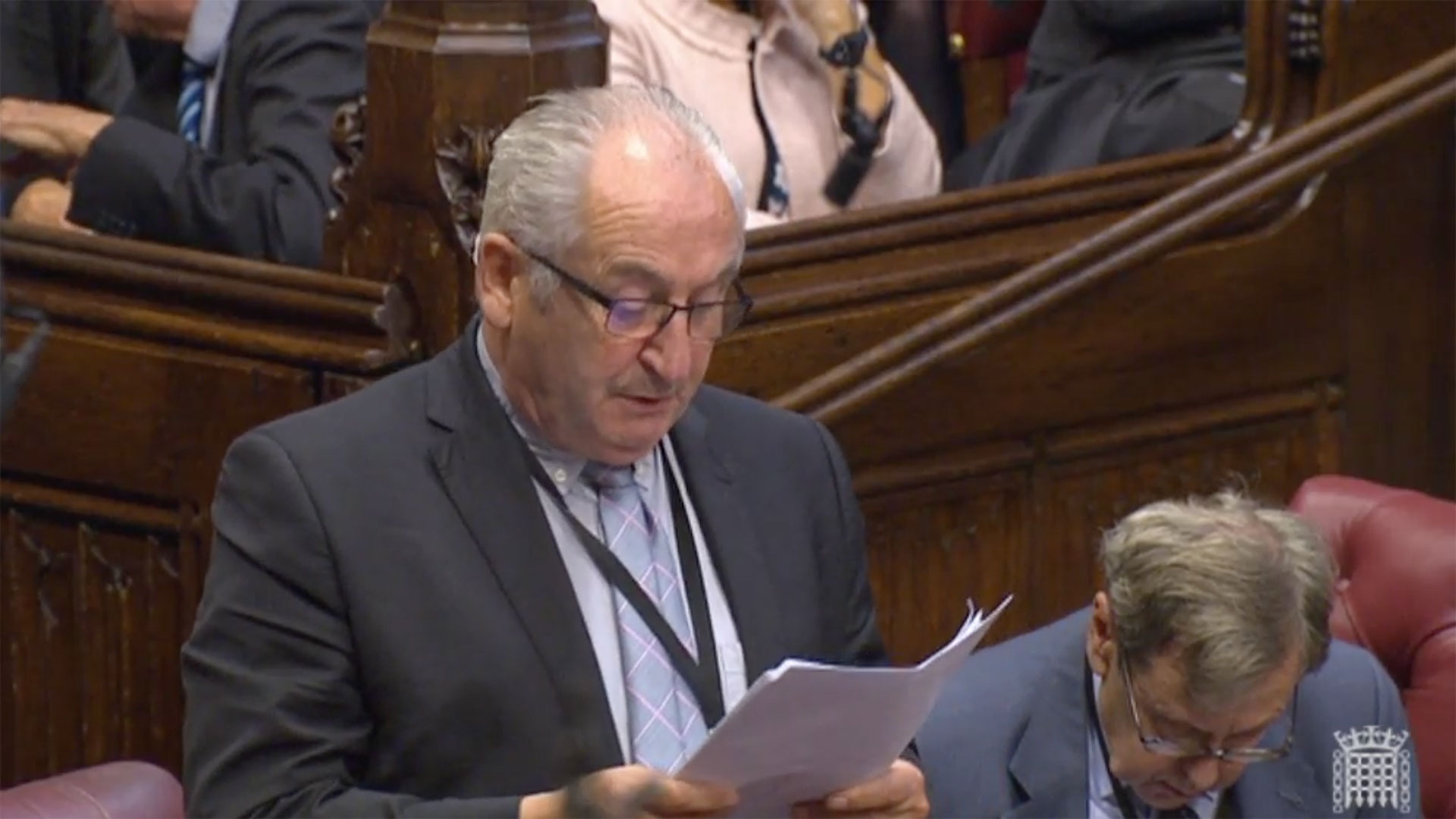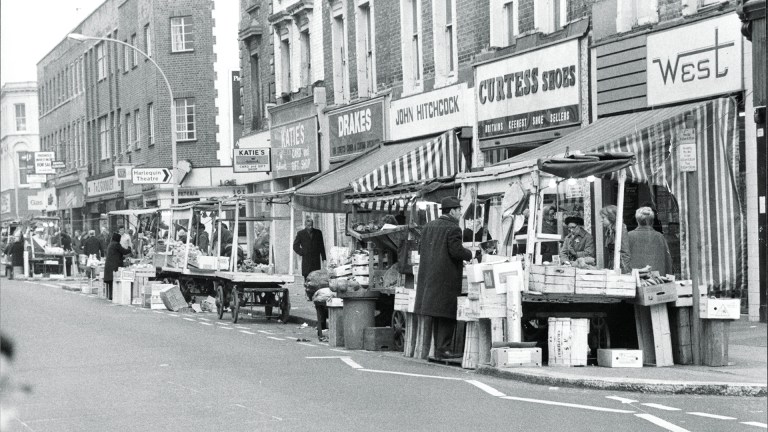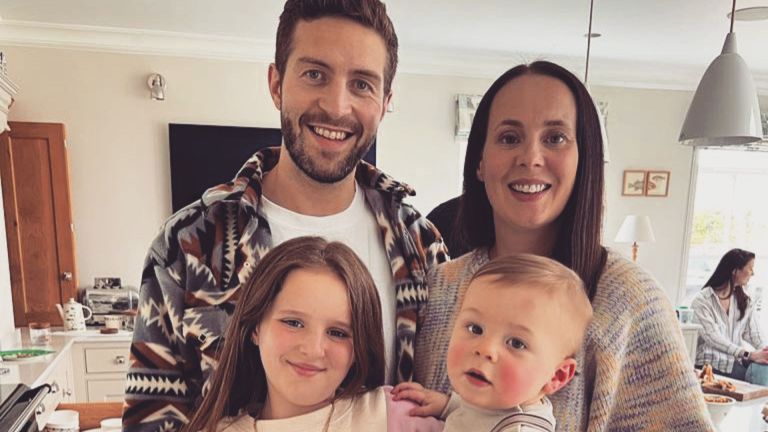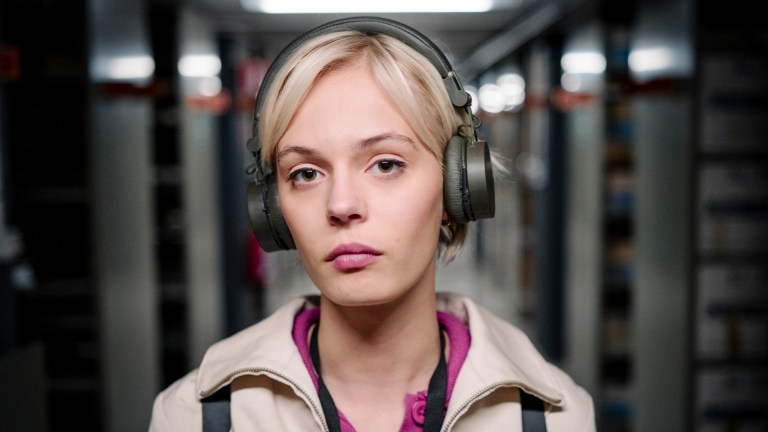Big Issue founder John Bird has highlighted in the House of Lords how social enterprises that provide social care can help to prevent pressure piling up on the NHS because of unnecessary emergency admissions.
In an Oral Question in the House of Lords yesterday (Wednesday) Baron Bird, who is a crossbench peer, pointed out that recent figures from the National Audit Office showed one-quarter of emergency admissions to hospital are avoidable, and could be dealt with through community care before it becomes an issue for the NHS to sort out.
He said: “The recent report of the National Audit Office stated that nearly 25 per cent of people who go into hospital do so in an avoidable situation, which could be sorted out in the community. This is a clear case of why we need more prevention.
“What extra thinking and resources will the Government bring into the community so that we do not have the ridiculous situation of such people going into hospital, where we have the problem of a shortage of nurses and all the other things that knock on?”
Lord O’Shaughnessy, Parliamentary Under-Secretary for Health and Social Care, responded: “The noble Lord makes an important point. It was good to study the report and the noble Lord is right about avoidable hospital admissions.
“Two changes are happening. One is GP extended access, which now has 95 per cent coverage across [England] – that is, evenings, weekends and so on – as primary care. We also have interesting results coming from the new models of care programme.





